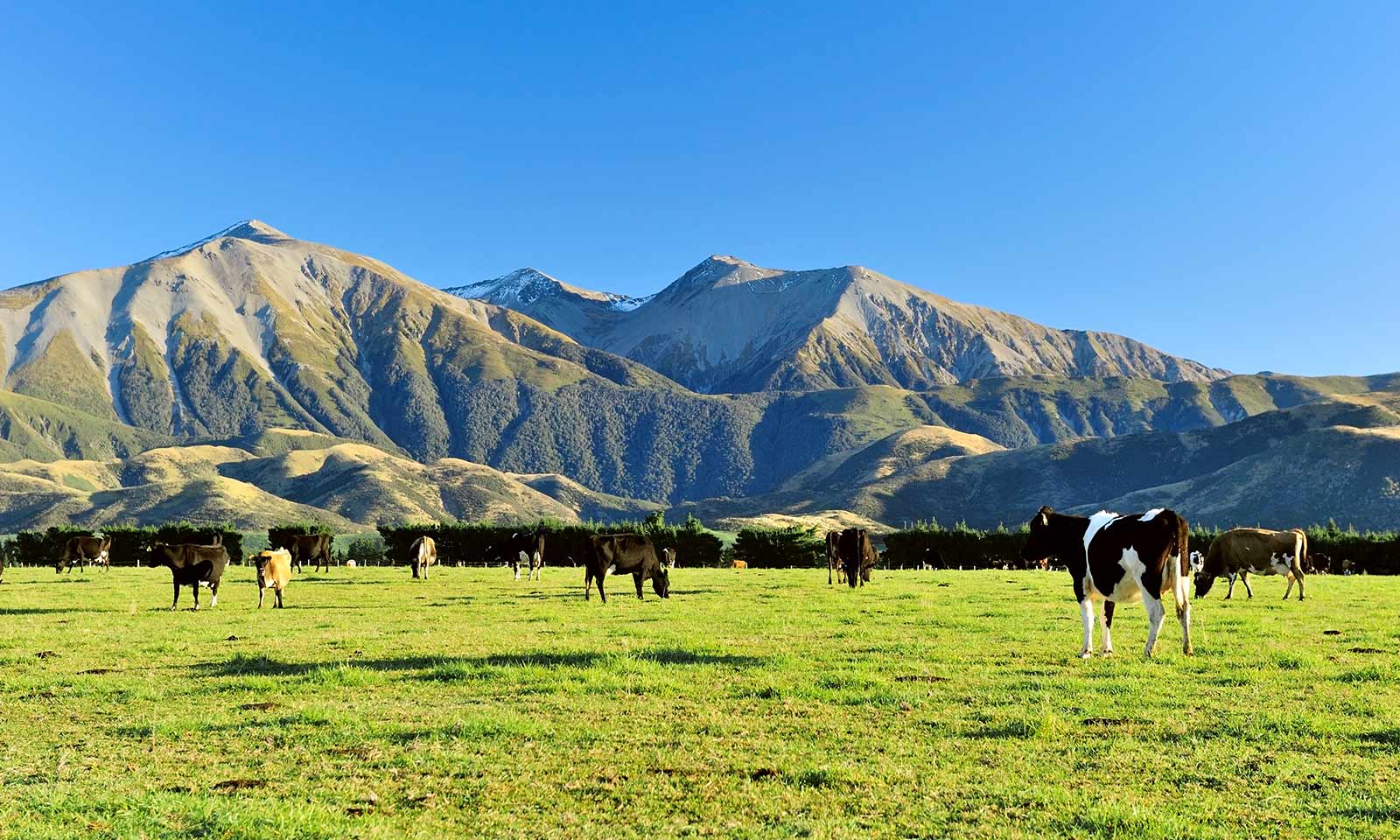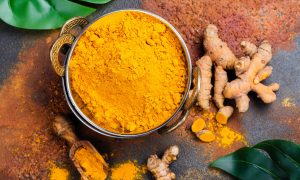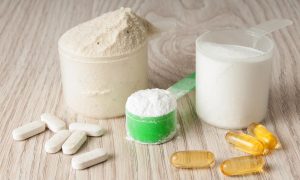New Zealand Whey Protein

|
|
What is New Zealand whey protein?
New Zealand whey protein is basically whey protein which has been derived from New Zealand dairy sources. Why is this so beneficial? Well, simply put, New Zealand has a reputation for being the healthiest and most advanced diary producing country in the entire world. Whey protein comes from dairy, usually from cows, or rather from their milk. When milk is transformed into cheese, it separates from the whey, which is where the majority of its protein is contained. The better quality the milk, the better quality the whey protein as well.
What are the benefits?

Benefits of New Zealand whey protein include:
It aids in building muscle – Protein is vital for muscle growth, and this whey protein has it by the bucket load. The protein derived from the cows in New Zealand is of the purest form and contains a complete amino acid profile. These amino acids help promote muscle growth and repair, they fuel the muscles, they fight fatigue, and much more besides. Combine all of this together, and you have all of the key ingredients required for a lean and muscular physique.
It promotes athletic performance – Sportsmen and women also require plenty of protein as they put their bodies through such strenuous activities. Their muscles need to grow and repair as quickly as possible, especially following training or events. The healthier, bigger, and stronger their muscles are, the better their athletic performances will be.
It aids in weight loss – This whey protein has also been proven to help promote weight loss in men and women of all ages. It keeps you feeling full for longer, so the fuller you are, the less calories you will consume. It also boosts the metabolism so you have more energy to exercise, and you burn more calories as a result.
It promotes general health and well-being – This is where New Zealand whey protein really comes into its own. New Zealand is known as “god’s country” because it is one of the most beautiful places on the planet. There are lush green pastures, low pollution levels, and stunning looking countryside. The cattle reared there are natural and organic and are fed on grass, rather than artificial grains. They’re also not injected with hormones to help them grow etc, as they are in other countries, so they’re 100% natural, and so is their milk. The end result is a vitamin, mineral, and nutrient rich supplement that the body will thrive upon.
What makes New Zealand whey so healthy?

As mentioned, it is the way in which the cattle are reared that makes this whey protein so healthy and beneficial. In other countries, cows are fed grains and foods which contain artificial ingredients and pesticides and fertilisers etc. The cattle here graze on grass which grows naturally in the wild. The cows also roam free rather than being shut up, and they’re treated well. Happy cows make better quality milk, and better milk means better whey. The final reason why it’s so beneficial when compared with other supplements is the fact that the cows aren’t injected with hormones to help them grow quicker. These hormones can harm our health if we were to consume them via these cows’ milk, so naturally steering clear of them is extremely beneficial.
How it should be consumed and are there any dangers or side effects?
Experts recommend drinking between 2 and 3 whey protein shakes per day when looking to get optimal results from them. One of these shakes must be consumed immediately following your workout, and should ideally be mixed with water instead of milk. Water is absorbed far quicker than milk, and as you want to get the nutrients into the muscles as quickly as possible following a workout, water is always the way to go post-workout. As far as dangers or side effects are concerned, generally if used as instructed, you should be perfectly fine. As it comes from dairy, naturally those with dairy allergies will have to avoid them. Too much protein can also harm the body’s filtration systems which includes the kidneys and the liver, so make sure you monitor your protein intake, including how much food you consume.














